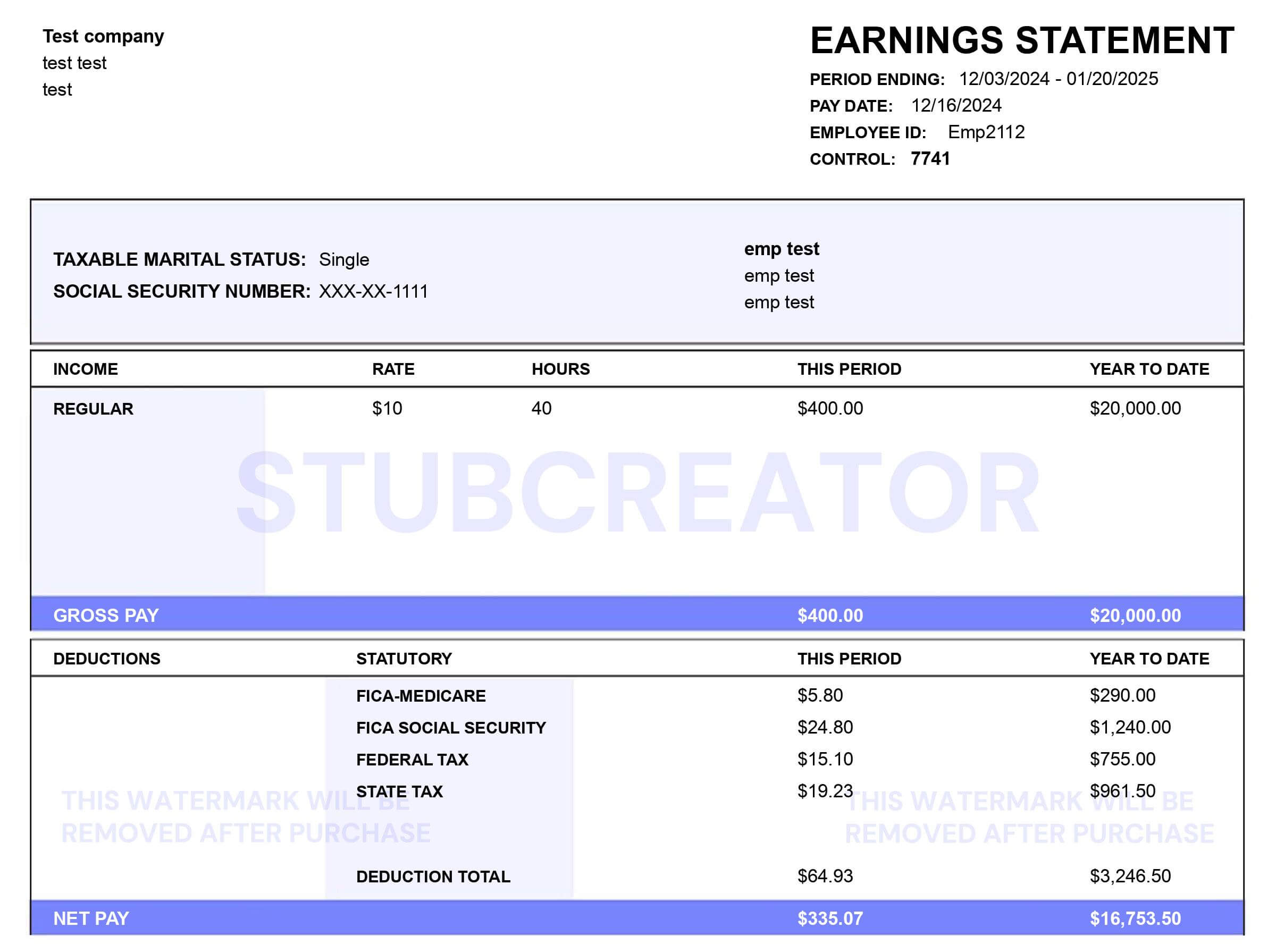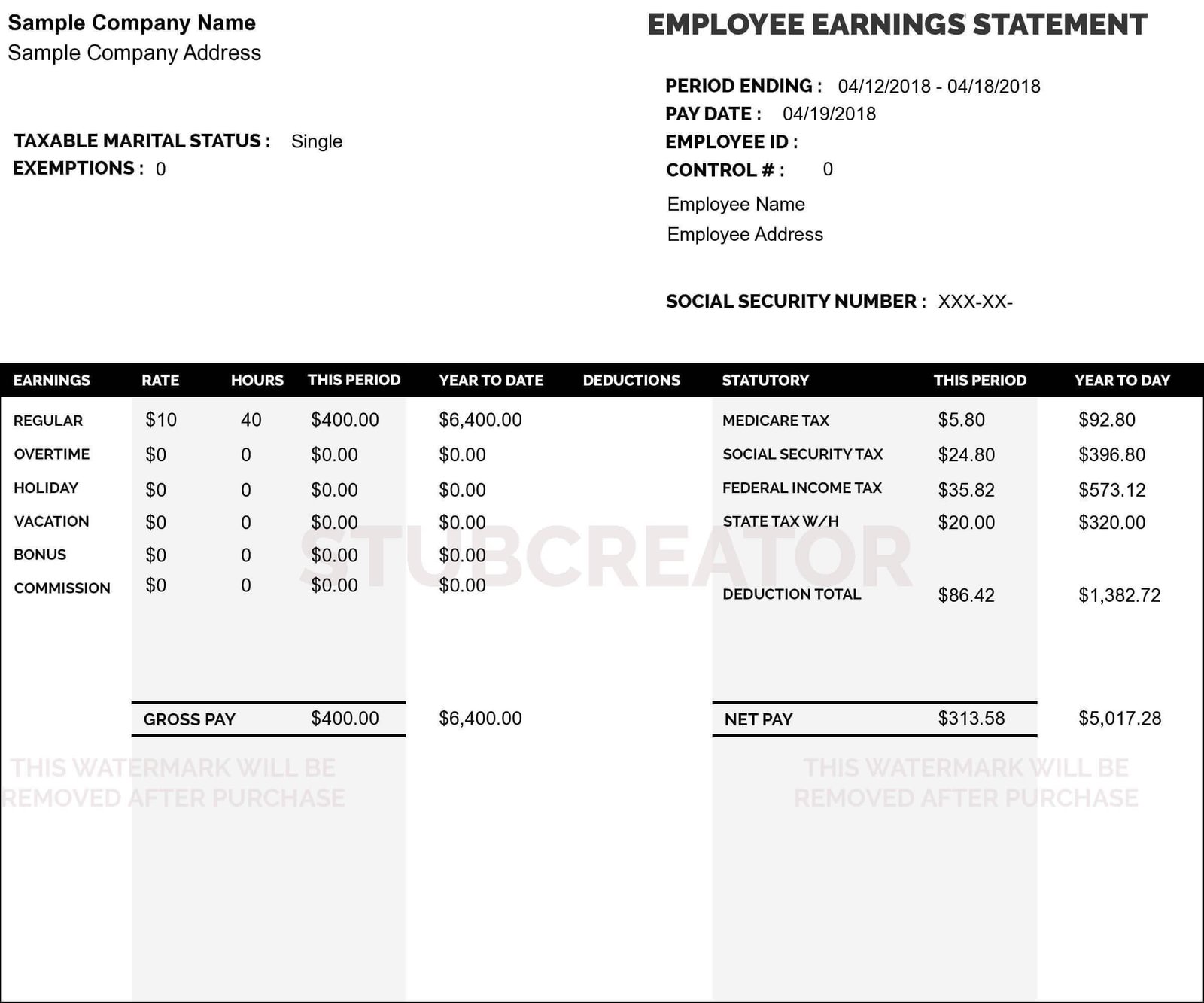Every day, more and more people intend to join the independent workforce. The reason is plausible. Many professionals today are looking for more control over who they work for, their working hours, and their earnings. If you are looking to generate paystub then eFormscreator is your solution.
If you are looking to become a self-employed accountant, this blog is going to become your helping hand. So let’s get started.
Who is a Self-Employed Accountant?
Self-employed accountants are those independent accountant who offers particular accounting services to clients. The clients can include small business owners and other entrepreneurs who might need help to afford a full-time accountant.
A self-employed accountant is commonly known as an independent accountant. A self-employed accountant provides financial advice to entrepreneurs and assists them with payroll services like paying salaries.
Why Become A Self-Employed Accountant?
Many accountants are opting to become a self-employed accountant. There are jobs for independent accountants because of the economic focus on entrepreneurship.
Small businesses are always in need of an accountant to help out with their bookkeeping. Most of the small business will not hire a full-time accountant. This is where a self-employed accountants comes into play. As an independent accountant practitioner, you can work with loads of clients according to your situation.
Quick Tips For Becoming A Successful Self-Employed Accountant
It is vital to keep in mind that the process of becoming an independent practitioner is a step-by-step one. To help you via this challenging career process, below are quick steps to help you decide on the switch.
1. Grab The Relevant Qualification:
If you have the skills, an aptitude for numbers, and an eye for detail. It’s not compulsory to get a certificate, but if you have the proper qualification, it’s an added advantage. To become a successful self-employed accountant (Chartered Professional Accountant), a CPA is a must. The CPA proves that you are very familiar with accounting laws, methods, and basic book-keeping skills.
2. Set Up Your Business Profile:
Your business profile is the brand of your business name. If you have decided to be on your own, you are going to have a name by which you want to get known. If you are interested in working online, there are freelance platforms where you can set up your profile. Working online on a freelance platform is a different way to be a successful self-employed accountant.
3. Niche Down:
While having a niche seems to be repetitive but it is different from usual. If you have multiple skills, it might be dangerous to your self-employed career to pose as a generic accountant. This is because the client who seeks to hire a self-employed accountant does it for the tailored skills that they have to offer. It helps to begin mastering one skill, becoming an authority, before moving to another.
While it is possible to be a self-employed accountant who serves various industries, choose to focus only on some of them. In addition to this, establishing this as an authority in those specific professions will increase the likelihood that clients from those industries will choose your services.
4. Purchase the power of Networking:
Since being a self-employed accountant is a game of communication, you shall most likely spend a great deal of time negotiating and talking to people. Forming allliances, building partners, metting with clients. Networking is always a virtual space for people. To become a successful entreprenuer, you will have to understand people and relationships. You will have to make some kind of online presence to stay in the eyes of the audience.
5. Invest in a Productive Workspace:
Whether you work from home or from office, a productive workspace will increase your success as a self-employed accountant. Your workspace do not have to cost a fortune. It can include a a comfortable work chair, a desk, and a cup of coffee.
6. Decide your rates:
Pricing is a challenging factor for self-employed accountants. This is because no laws are binding on how much you should charge for your services. But, as you gain more experience, with clients, adopting a value-based pricing seems better.
How Much Money Can A Self-Employed Accountant Make?
With your level of experience and the sector you have chosen shall affect how much money you make as a self-employed accountant. A newly trained accountant can participate in an annual salary of £30,000 on an average. A chartered accountant makes £85k per year with a bonus of £17,000, working full-time.
The normal hourly rate for a self-employed accountant is between £11 to £50, but many clients prefer a monthly payment schedule. Depending upon the accounting services which includes the complexity of the accounts, this can range around £50 to £500 every month.
Conclusion
If you want to create paystub then you should visit eFormscreator. If you are looking to become a self-employed accountants then this blog is helpful for you to make your journey move forward.










